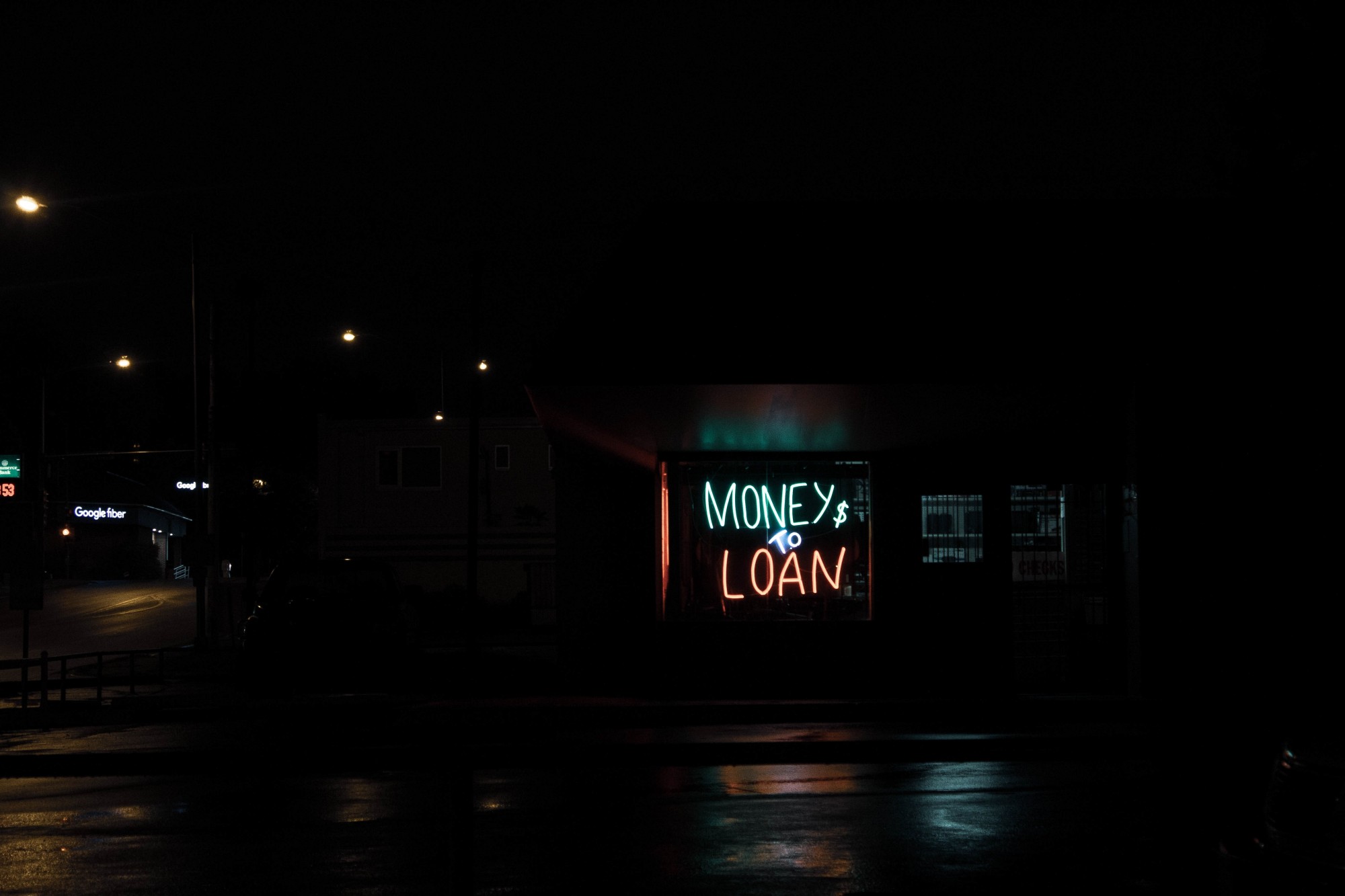
Steps are being taken in New Mexico to stop predatory interest rates – “overcharging a borrower for rates and fees”. Predatory interest rates can be devastating to those who become trapped in a seemingly unbreakable cycle of living from loan to payday. Unfortunately, those who can least afford these rates are the ones who are forced to use them when borrowing.
In the 1980s during a period of very high inflation, the New Mexico legislature removed a 36% loan cap. Loan interest rates were increased to as much as 175% to account for high inflation. Then, inflation and bank interest rates declined, but predatory interest rates did not.
These rates still punish borrowers who can least afford them, trapping them in a seemingly never-ending cycle.
Support for Change
“No one should be allowed to charge triple-digit interest rates,” said Ona Porter, the CEO of Prosperity Works in an article posted at NMPovertyLaw.org. The organization is one of several New Mexico groups that have lobbied for change. “No one should have to choose between paying their rent and making payments on a triple-digit loan that often keeps them trapped endlessly.”
To help solve New Mexico’s problem of predatory interest rates, HB132 was debated and passed the state’s 2022 legislative session. Opponents of the bill argue that its enactment will force many of the estimated 400,000 New Mexico consumers who use these high interest financial services to find other sources for cash.
About the passage of HB132 by both the New Mexico House of Representatives and the Senate Andrew Duke, the executive director of the Virginia-based Online Lenders Alliance said, “Unfortunately, today marks a shift in the wrong direction for New Mexico consumers, particularly the many New Mexico consumers who use alternative financial services to make ends meet.” The Online Lenders Alliance provides ethical guidelines for alternate financial services and also lobbies to support these services and their high interest rates.
A proposal similar to HB132 failed to pass during last year’s legislative session. The 2021 legislation was caught in a gridlock between the House and Senate. This year’s proposal passed both legislative chambers with bipartisan support – 51 to 18 in the House and 19 to 8 in the Senate.
Governor Michelle Lujan Grisham signaled her support of the legislation shortly after Wednesday’s House vote. The governor has until March 9 to either sign or veto the measure.
“This legislation addresses an important issue that affects the most vulnerable New Mexicans in both rural and urban communities, which is why I included such action in my 2021 legislative priorities,” said Gov. Lujan Grisham. “I’m glad to see the Legislature reach a consensus on the measure and I applaud the members for voting to protect New Mexico consumers.”
Effectiveness of Loan Caps
In an interesting study of the effect of payday loan caps, Montana voters overwhelmingly approved a 36 percent rate cap in 2010. A little more than a year after the cap was enacted, the 100+ payday storefronts in towns across the state disappeared, as well as the jobs they provided. Actually, this fact is the beginning and not the end of the story.
As Montana’s brick-and-mortar payday lenders who had been charging 300+ percent interest on their loans in accord with state law were rendered obsolete, online payday loan companies charging 600+ percent interest rates entered a business boom.
A significant number of complaints about these companies began to arrive at the office of Montana’s Attorney General. It is important to note that only one complaint against payday lenders was submitted in all of 2010, the year before Montana enacted its cap on payday loans; by 2013 over 100 complaints were made . All of these new complaints were filed against online lenders.
After payday storefronts disappeared in New Mexico, an uptick in these companies took place across state lines in Idaho, Wyoming and North Dakota, where interest rates were as high as 652%.
No one knows exactly what will happen in New Mexico if Gov. Lujan Grisham signs HB132 into law. Without federal legislation New Mexico’s newest, well intended law may create a boom for nearby regions like Gaines County, Texas and online loan companies.
Photo by Daniel Thomas // Upsplash


